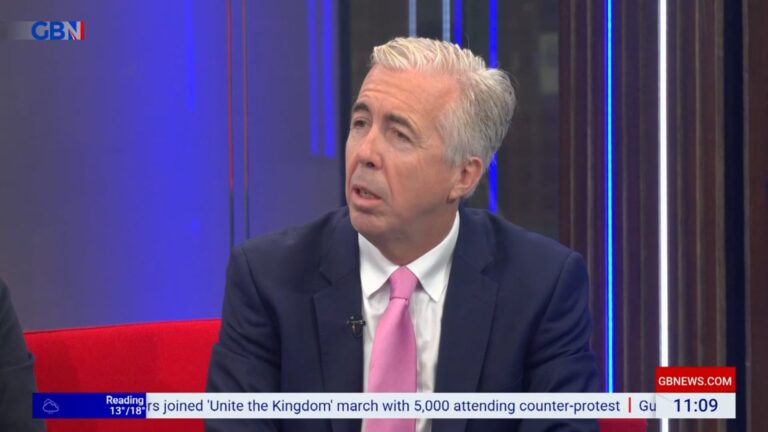We’re halfway through 2025, and it’s clear that Meta’s platforms (Facebook and Instagram) are continuing to evolve rapidly. As someone who spends each day working across digital strategy and campaign performance, I’ve spent the last six months closely monitoring how these changes are impacting content visibility, engagement, and outcomes for brands.
From short-form content acceleration to algorithmic rebalancing towards community and authenticity, this year has already prompted a significant rethink of what effective social media looks like. So what have we learnt so far – and how should digital marketers adjust for the rest of 2025?
1. Originality and authenticity are essential, not optional
At the start of the year, Meta reaffirmed its focus on original content, especially content created by individuals rather than brands. While this shift has been underway for some time, 2025 has marked a clear tipping point.
The lesson so far:
Content featuring real voices – employees, service users, stakeholders, customers – has consistently outperformed brand-first messaging. Even in sectors typically reliant on more formal communications, audiences are responding more to human-centred storytelling. We’ve seen firsthand how authentic, low-production content is achieving broader reach and more meaningful engagement than polished corporate assets.
Going forward:
The brands that thrive will be those that embrace co-creation and give a platform to the people behind the services. Encouraging staff to become digital advocates or embedding lived experience into campaign content isn’t just ‘nice to have’, it’s now a necessity for organic performance.
2. Reels are no longer a trend – they’re a necessity
Meta’s continued investment in Reels is having tangible effects across industries. Reels are now fully embedded in both Facebook and Instagram algorithms, with preferential treatment in discovery and reach.
The lesson so far:
Reels are not just for lifestyle influencers or retail brands. Short-form video is proving highly effective for educational explainers, staff recruitment, and even corporate thought leadership, especially when the content feels personable and informative.
Going forward:
Reels need to become a structural part of content planning. The trick isn’t high-end production, but clarity, consistency, and relatability. Establishing recurring formats (e.g. weekly tips, day-in-the-life clips, or myth-busting snippets) will help keep content production efficient and performance high.
3. Engagement quality is the new metric that matters
Meta’s algorithm is now fine-tuned to prioritise content that drives meaningful engagement: shares, comments, and saves, rather than just reach or likes. This has been a wake-up call for anyone still relying on one-way content delivery.
The lesson so far:
Passive content just doesn’t cut through. Even well-designed campaigns can underperform if they don’t prompt interaction. Some of the most successful content I’ve seen this year asks simple but effective questions, uses polls and stickers, or taps into shared professional experiences.
Going forward:
Marketers should focus less on pushing messages at audiences and more on designing content that invites participation. Community management, responding to comments, sparking dialogue, and asking follow-up questions, has become a key part of organic growth.
4. Paid and organic now need to inform each other
There’s been a noticeable shift in how well Meta ads perform when they’re informed by organically tested content. Content that already resonates naturally with audiences tends to convert better when boosted, and the algorithm seems to reward ad creatives that blend into the feed.
The lesson so far:
Campaigns that start with organic insight (testing messages and visuals before investing in media spend) tend to be more efficient and more engaging. Paid content that mirrors platform-native styles is now outperforming traditional, ad-style creative.
Going forward:
Building a feedback loop between organic and paid content is a smart move. Test organically, scale what works, and ensure paid creative feels authentic to the platform. This approach is especially effective for awareness campaigns, soft lead gen, and early-funnel messaging.
5. Value-driven content is earning visibility
As part of broader efforts around platform responsibility, Meta has rolled out changes that reward transparent, helpful, and ethical content. Algorithms are starting to deprioritise overly salesy or manipulative content in favour of posts that add genuine value.
The lesson so far:
Trust-building content such as educational carousels, open Q&A sessions, or explainer Reels has been performing noticeably better than overly promotional posts. In regulated sectors like health and education, this shift has helped organisations embrace more informative, user-focused strategies.
Going forward:
Marketers should lean into their role as educators and enablers. Content that answers questions, simplifies complexity, or addresses common concerns is more likely to be favoured by the algorithm and resonate with the audience.
Final Thoughts: The Next Six Months Will Reward Adaptability
The first half of 2025 has confirmed what many digital marketers have sensed for a while – platforms like Meta are evolving to reward authenticity, value, and connection over volume.
Looking ahead, the focus should be on:
- Embracing agile content production with an emphasis on Reels and original voices
- Prioritising engagement quality over broadcasting
- Testing organically to inform paid strategy
- Creating content that’s genuinely useful to your audience
As always, the most effective strategies will come from a blend of insight, experimentation, and responsiveness to real-time platform dynamics. The algorithms will continue to evolve, but if we stay audience-first and purpose-led, we’ll continue to thrive.
If you would like to review your current Meta ad strategy or find out how to develop an up-to-date digital strategy, please contact me at anna.rudd@plmr.co.uk to find out more.







